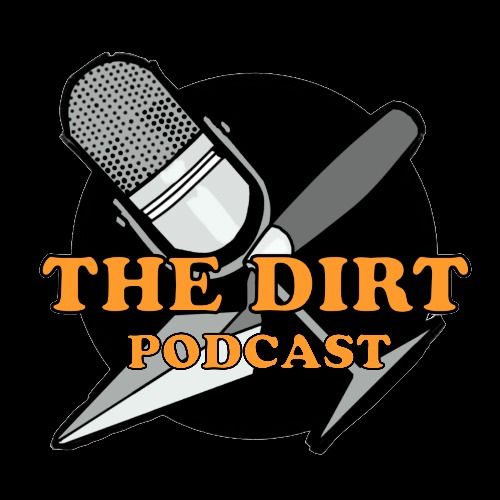Episode 221
Mariner's Myths
To celebrate our brand-new coming-soon sponsorship platform, Ghost, it's a release from the vaults of Patreon bonus episodes! Recorded around this time last year, when Anna was too hot and sweaty and dreaming of the ocean, this is a goofy look at some miscellaneous mariners' myths! Learn who Jenny Haniver is, and why Amber never wants to meet her. Brush up on your boating superstitions. Plus, hear about some of the fascinating/bonkers/incredible bonus material available for all new subscribers!
Support us by listening, sharing episodes, leaving reviews, and--if you're so inclined, by joining us over on Ghost! We'll be sure to notify you as soon as the page is live.
To learn more:
Historiae animalium (Biodiversity Library)
The Long, Strange Legacy of One of the World’s Earliest Fake Mermaids (Atlas Obscura)
Jenny Haniver: The Original Fake Mermaid (OddFeed)
What’s Behind the ‘No Bananas on a Boat’ Superstition? (Snopes)
Top 20 Sailing Superstitions (New Zealand Maritime Museum)
Umibōzu – The Sea Monk (Hyakumonogatari Kaidankai)
Black Mermaids: The Waters Beyond Eurocentric Mythology (Tor)
In case you missed it:
Beginning August 2– the day our next episode drops— the full back catalog of The Dirt’s premium content will be available on Ghost at your choice of two tiers, at half the previous price. Plus new stuff! At regular intervals! More Dirt, less money!
Current Patreon subscribers will receive instructions for accessing their complimentary subscription period. That will come to you at the email associated with your patreon pledge, as well as in the lil in-app inbox. You’ll also receive a promotional code that can be redeemed to honor those months or years during which y’all graciously shared your dollars or USD equivalent with us. That’s the part that’s taking more time because amber is not great at math and wrote this copy for me but doesn’t want to give the impression that I personally devalue her math skills. But she probably wouldn’t know it anyway if I did because of the bad at math thing. Ha!
On ghost, subscribers will have the option to pay monthly or annually for one of two tiers. The first, at 5 American dollars each month, gives you access to Old News (explain) and Deep Cuts (explain). The second, at 10 buckaroonies, gets you Old News, Deep Cuts, AND Dirt After Dark. And if you like being parasocial, we also plan to start releasing some looser bonus content where we pal around and get a little loosey goosey.
We’ve been hard at work writing and recording and sticking up acoustic tiles to make this next step and we are grateful and thrilled to have you join us in our fiiiifth year. Watch this space, by which I mean the notes field, and enjoy this episode.
Oh wait, did I mention we’ll have a promotion that snags you a free trial? We sure will.

